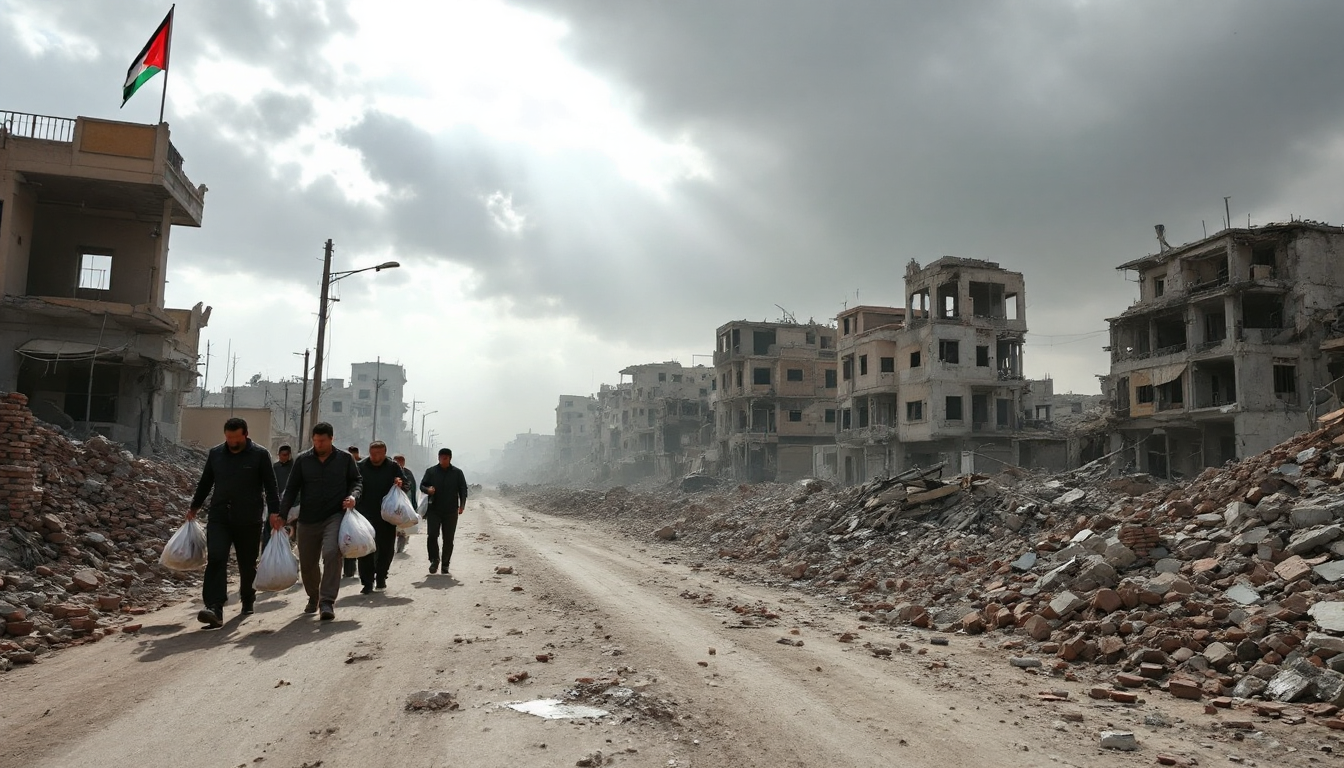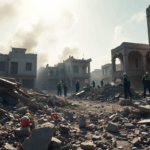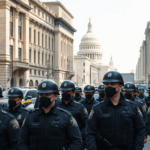Table of Contents
The ongoing conflict in Gaza has plunged the region into a severe humanitarian crisis, with civilians caught in the crossfire of escalating violence and crippling food shortages. As Israeli military operations ramp up, the toll on the Palestinian population continues to climb, sparking urgent questions about how to ensure humanitarian access and what the international community can do to help.
The situation is becoming increasingly desperate, with organizations like the United Nations warning of potential famine and the pressing need for aid.
The Rising Casualty Count: A Human Tragedy
Recent reports paint a grim picture, revealing that Israeli forces have tragically killed several aid seekers navigating through designated military zones—areas that many Palestinians traverse in search of food and medical assistance.
Eyewitness accounts describe scenes of indiscriminate gunfire aimed at civilians, including families trying to reach distribution points set up by humanitarian organizations. These heartbreaking deaths underscore the dangers faced by those simply trying to access essential resources in a time of crisis.
According to data from the Gaza Health Ministry, over 62,000 Palestinians have lost their lives since the conflict erupted, with more than half of those identified as women and children. This staggering statistic highlights the devastating impact of warfare on innocent lives.
Compounding the tragedy, the ongoing blockade and strict restrictions on aid have led to soaring malnutrition rates, making the humanitarian crisis even more untenable.
Food Insecurity: A Looming Famine
The Integrated Food Security Phase Classification reports that certain areas of Gaza City are now experiencing famine conditions, with projections that this could soon extend to nearby regions like Deir al-Balah and Khan Younis.
Aid organizations emphasize that the combination of relentless military operations and prolonged restrictions on food and medical supplies has created a catastrophic scenario for the local population.
Despite Israel’s claims that reports of widespread hunger are exaggerated, the reality on the ground tells a different story.
Humanitarian needs are escalating daily, with aid convoys often disrupted by looting and chaotic crowds. As conditions worsen, the international community faces a critical challenge: how to address the needs of those affected and ensure that vital aid reaches those who are most desperate for help.
A Daily Struggle: Civilians Living in Fear
In areas like Jabaliya, residents live under the constant threat of violence, with heavy bombardments reported almost daily. Many families have been displaced multiple times, seeking refuge from one danger zone only to find that safety remains out of reach. Eyewitness accounts reveal a pervasive atmosphere of fear and despair, as communities struggle to cope with the destruction of their homes and the loss of loved ones.
As military operations persist, civilians face not only immediate danger but also long-term challenges related to rebuilding their lives. The psychological impact of enduring such intense conflict is profound; families are left grappling with grief and uncertainty about their futures.
Moreover, the humanitarian response is significantly hindered by the ongoing conflict, with reports of aid workers facing serious risks while attempting to deliver assistance. The complexities of negotiating access to affected areas add another layer of difficulty to providing timely and effective aid to those in need.
The Path Forward: Urgent Need for International Action
The humanitarian crisis in Gaza calls for immediate and collaborative action from the international community. As the situation evolves, prioritizing civilian protection and ensuring that humanitarian assistance can flow freely into affected areas is crucial. Advocacy for the rights of those caught in this conflict is essential, as is the push for a comprehensive resolution that addresses the underlying issues fueling the violence.
In conclusion, the crisis in Gaza serves as a stark reminder of the human cost of conflict and the urgent need for global solidarity and support. By tackling immediate humanitarian needs and striving for sustainable peace, we can hold out hope for a better future for the people of Gaza.





